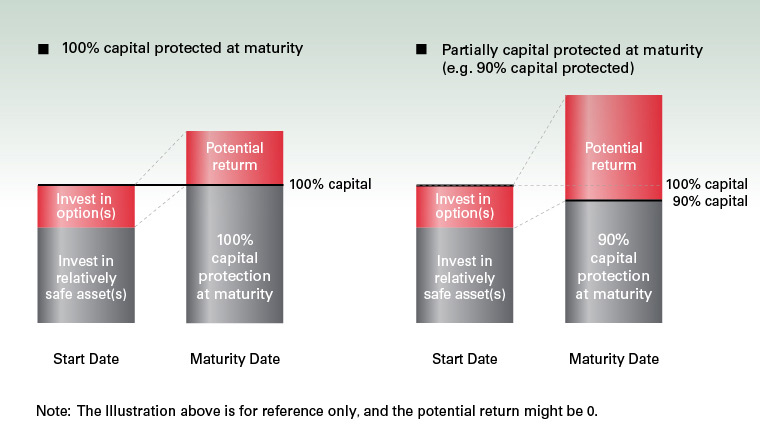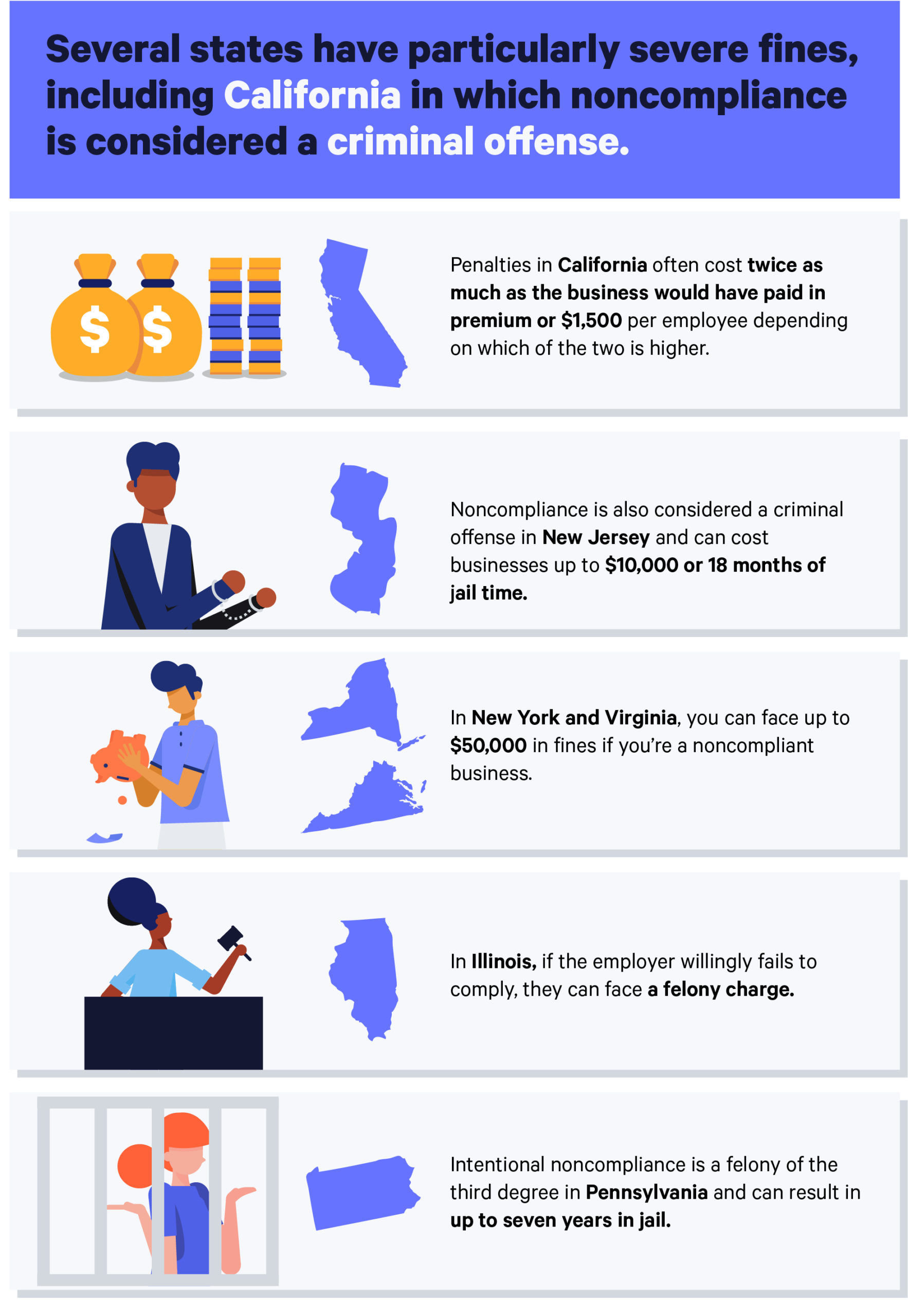Understanding Why Rejecting Real Estate Loans Because of Location is Called a Major Factor in Property Financing
Guide or Summary:Why Location Matters in Real Estate FinancingThe Impact of Location on Loan ApprovalNavigating Location-Related Loan RejectionsWhen it come……
Guide or Summary:
- Why Location Matters in Real Estate Financing
- The Impact of Location on Loan Approval
- Navigating Location-Related Loan Rejections
When it comes to real estate financing, one of the most critical aspects that lenders consider is the location of the property. The phrase "rejecting real estate loans because of location is called" highlights a significant trend in the lending industry. In this article, we will explore the reasons behind this phenomenon, the implications for borrowers, and how to navigate the challenges posed by location-related loan rejections.
Why Location Matters in Real Estate Financing
Location is often touted as the most crucial factor in real estate. This adage holds true in the lending world as well. Lenders assess the location of a property to determine its potential for appreciation, resale value, and overall marketability. Properties in desirable neighborhoods with good schools, low crime rates, and proximity to amenities like shopping and public transportation are more likely to receive financing. Conversely, properties in less favorable areas may face rejection due to perceived risks.
The Impact of Location on Loan Approval
Rejecting real estate loans because of location is called a common practice among lenders. They utilize various metrics to evaluate a property's location, including market trends, economic indicators, and neighborhood demographics. For instance, if a property is situated in an area experiencing economic decline or high vacancy rates, lenders may view it as a risky investment. This risk perception can lead to higher interest rates or outright loan denial.

Moreover, certain locations may be flagged due to environmental concerns, such as flood zones or areas prone to natural disasters. Lenders often require additional insurance or may refuse to finance properties in these regions altogether. This further emphasizes the importance of selecting the right location when seeking a mortgage.
Navigating Location-Related Loan Rejections
For potential homeowners or real estate investors, understanding the reasons behind loan rejections due to location is crucial. Here are some strategies to mitigate the risk of rejection:
1. **Research the Market**: Before purchasing a property, conduct thorough research on the local real estate market. Look for trends in property values, average days on the market, and the overall economic health of the area.

2. **Consult with Local Experts**: Engaging with real estate agents or mortgage brokers who have in-depth knowledge of the area can provide valuable insights. They can help identify neighborhoods that are on the rise or those that may pose challenges for financing.
3. **Improve the Property**: If you're set on a property in a less desirable location, consider making improvements that can increase its value. Renovations, landscaping, and curb appeal enhancements can make a property more attractive to lenders.
4. **Explore Alternative Financing Options**: If traditional lenders are unwilling to finance a property due to its location, consider alternative financing options such as private lenders or hard money loans. These options may come with higher interest rates but can provide the necessary funding when conventional loans are not available.

5. **Be Prepared for a Larger Down Payment**: In some cases, lenders may be willing to finance a property in a less desirable location if the borrower can provide a larger down payment. This reduces the lender's risk and may improve the likelihood of loan approval.
In conclusion, rejecting real estate loans because of location is called a significant consideration in the lending process. By understanding the factors that influence location-related loan rejections, potential buyers can take proactive steps to improve their chances of securing financing. Whether through thorough market research, property improvements, or exploring alternative financing options, navigating the complexities of real estate loans can lead to successful property ownership and investment.